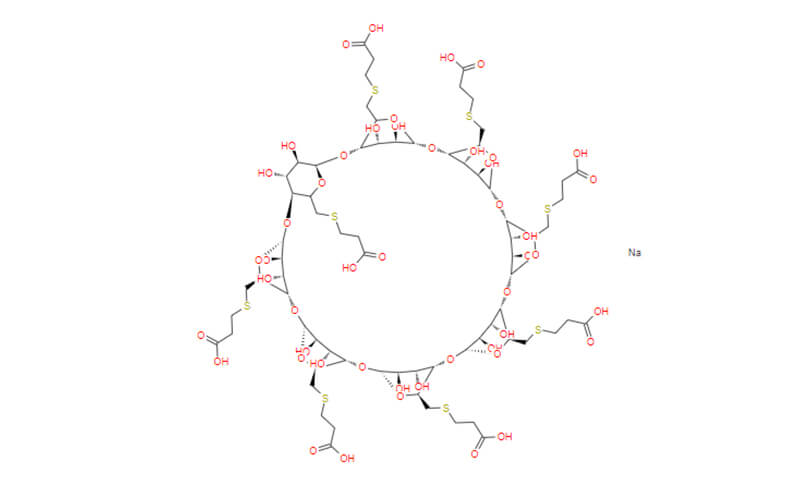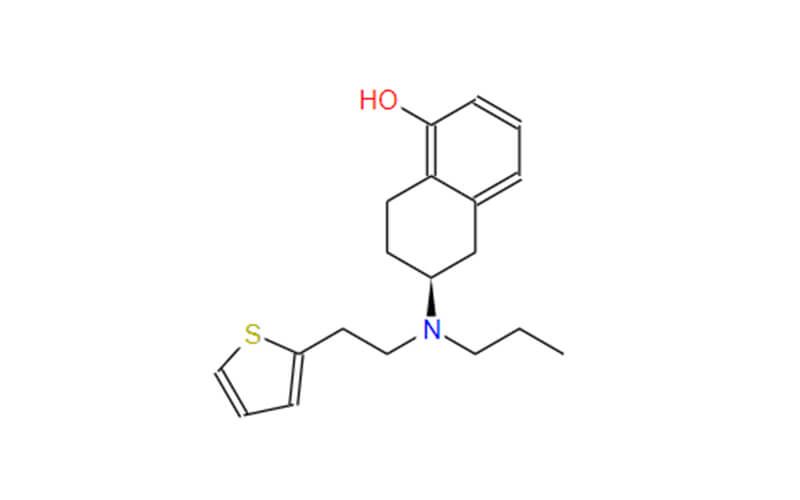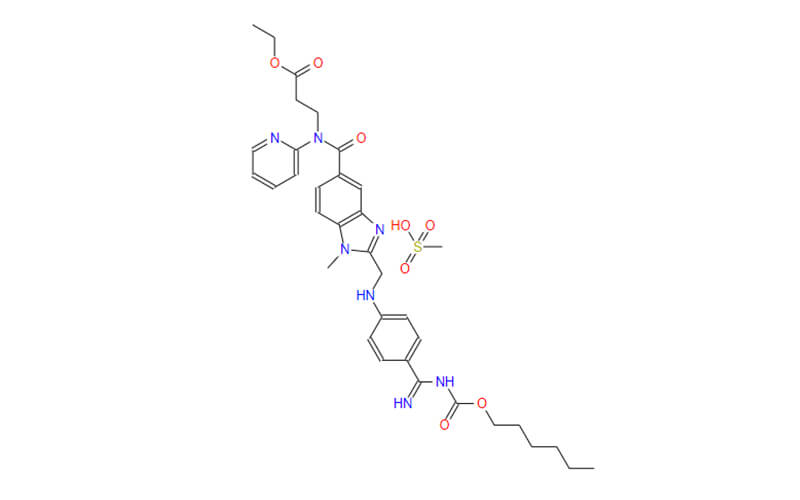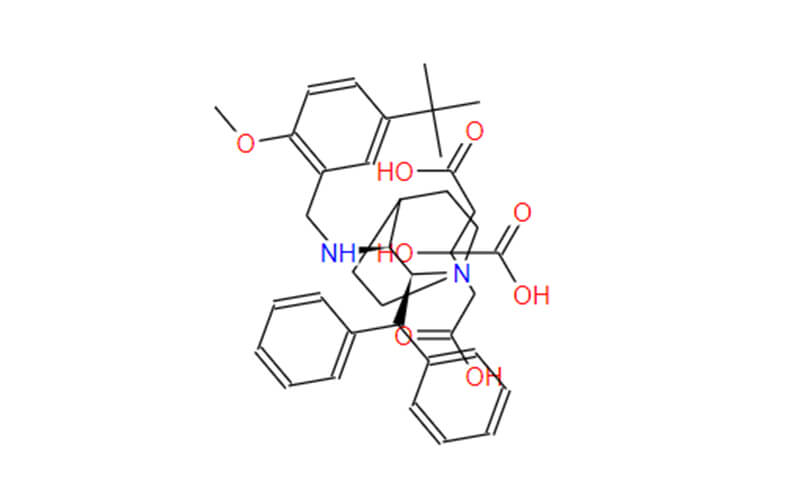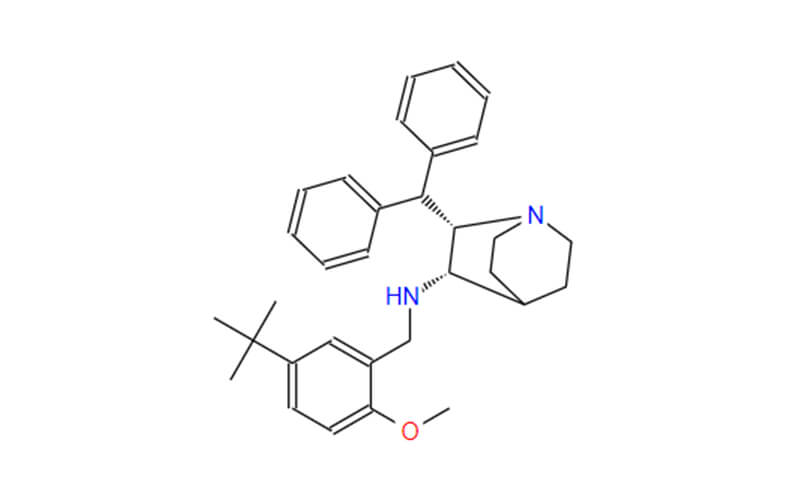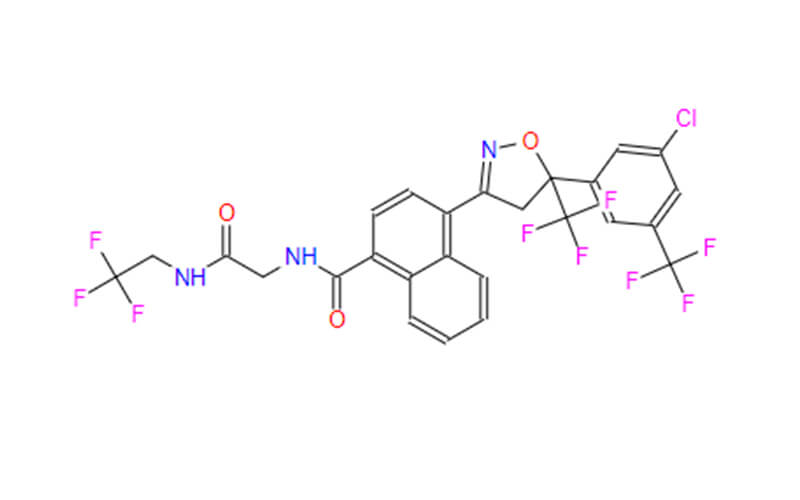Guide to Common Veterinary APIs
Active pharmaceutical ingredients (APIs) are the components in a drug that produce the expected therapeutic effect. A drug may contain multiple active ingredients. Animal medicine products also contain APIs. Animals play an important role in our lives, so maintaining their health is very important. Therefore, the prevalence of various diseases related to animal health has increased the demand for veterinary drugs. This in turn has driven the demand for veterinary API required for drug production.

What are Veterinary APIs?
Just like human medicine relies on specific ingredients to create effective medications, the well-being of our animal companions depends on Veterinary Active Pharmaceutical Ingredients (APIs). These are the essential building blocks used to manufacture various animal treatments.
Think of a veterinary API as the key that unlocks a specific health benefit. For example, an API might target a particular parasite, while another might work to regulate an animal’s metabolism. By combining these APIs with inactive ingredients like binders and flavorings, manufacturers can create the final medications dispensed by veterinarians.
- Role in Animal Health: Veterinary APIs play a critical role in ensuring the quality and effectiveness of animal medications. Their purity and consistency are paramount, as they directly impact the health outcomes of our pets, livestock, and other animals.
- Regulation and Safety: The manufacturing and distribution of veterinary APIs are strictly regulated to ensure safety and efficacy. Regulatory bodies establish guidelines for production, testing, and quality control, guaranteeing that only safe and effective APIs reach the market.
- Benefits for Animals: Veterinary APIs offer a wide range of benefits for animals. They can treat and prevent diseases, manage chronic conditions, improve overall health, and enhance well-being. Advancements in veterinary APIs constantly lead to the development of new and improved medications for our furry (or feathered, or scaled) friends.
By understanding the importance of veterinary APIs, we can appreciate the role they play in safeguarding the health of animals and ensuring a thriving animal healthcare industry.
Common Veterinary APIs: Uses and Benefits
Following are some of the veterinary APIs with their uses and benefits:
Afoxolaner
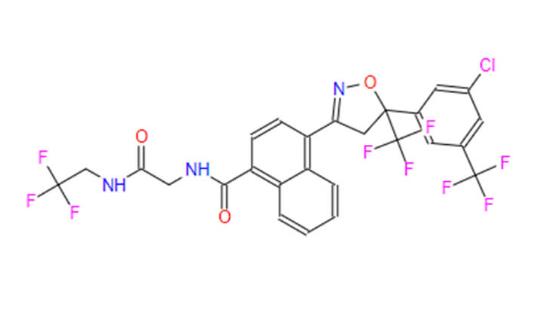
- Uses: Afoxolaner is an ectoparasiticide used to treat and prevent flea and tick infestations in dogs. It belongs to the isoxazoline class of compounds and is typically administered as an oral chewable tablet.
- Benefits: Afoxolaner provides rapid action, killing fleas within 24 hours and ticks within 48 hours, offering quick relief to pets. It offers long-lasting protection for up to a month, reducing the need for frequent dosing. The convenience of oral administration makes it easier for pet owners to use compared to topical treatments. Additionally, Afoxolaner is effective against multiple tick species, including those that transmit Lyme disease, enhancing overall pet health and reducing the risk of disease transmission.
Firocoxib
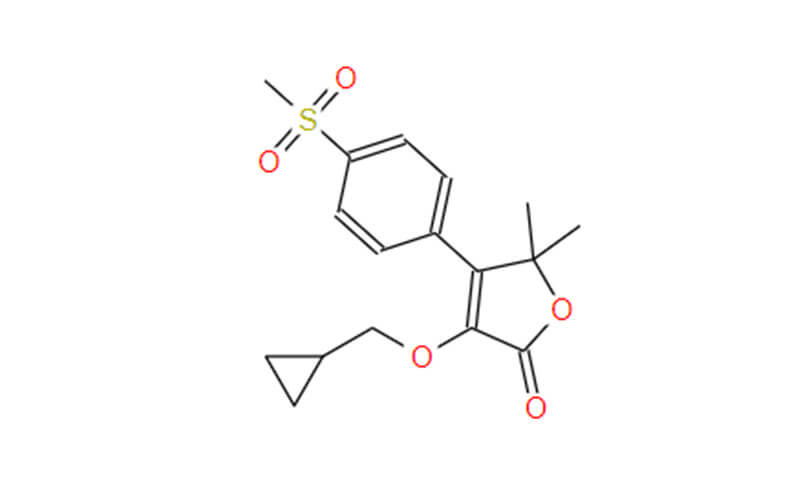
- Uses: Firocoxib is a non-steroidal anti-inflammatory drug (NSAID) used to alleviate pain and inflammation associated with osteoarthritis and post-surgical pain in dogs. It is also used in horses for similar indications.
- Benefits: Firocoxib selectively inhibits the COX-2 enzyme, which is primarily responsible for inflammation and pain, minimizing the risk of gastrointestinal side effects associated with non-selective NSAIDs. It provides a significant reduction in pain and inflammation, improving mobility and quality of life in affected animals. The drug’s pharmacokinetics allow for once-daily dosing, which enhances compliance and convenience for pet owners.
Maropitant
- Uses: Maropitant, available as maropitant base and maropitant citrate, is an antiemetic used to prevent and treat nausea and vomiting in dogs and cats. It is particularly effective for motion sickness and chemotherapy-induced nausea.
- Benefits: Maropitant is highly effective in controlling nausea and vomiting, making it invaluable in pre-operative and post-operative care, as well as in the management of acute and chronic conditions that induce vomiting. It is suitable for both dogs and cats and is available in injectable and tablet forms, providing flexibility in administration based on the animal’s condition and preference. By preventing vomiting, maropitant helps maintain hydration and electrolyte balance, which is crucial for overall health and recovery in sick animals.
Oclacitinib Maleate
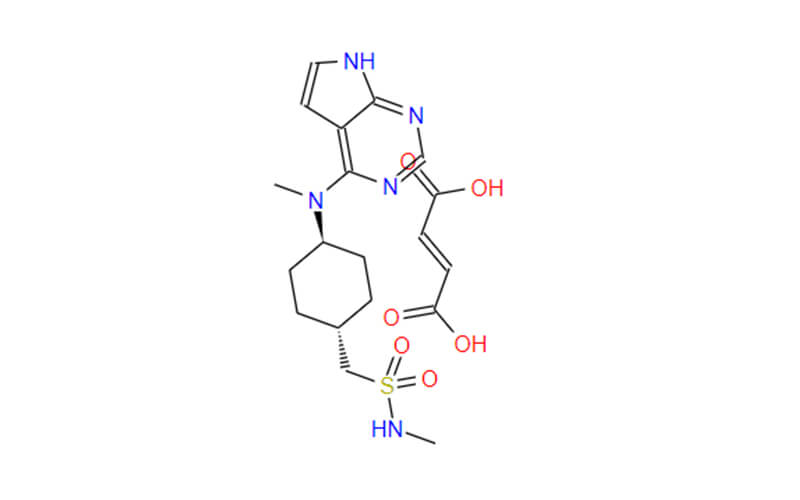
- Uses: Oclacitinib maleate is a Janus kinase (JAK) inhibitor used to control pruritus (itching) associated with allergic dermatitis and atopic dermatitis in dogs.
- Benefits: Oclacitinib provides quick relief from itching, often within 4 hours of administration, which is faster than many other treatments. By inhibiting JAK1 and JAK3 enzymes, it specifically targets the inflammatory pathways associated with itching and inflammation, reducing symptoms effectively. It is suitable for both acute flare-ups and long-term management of allergic and atopic dermatitis, improving the quality of life for affected dogs. Compared to traditional corticosteroids, oclacitinib has a lower risk of long-term side effects, making it a safer option for prolonged use.
Veterinary API Manufacturer: Qingmu

Qingmu, a leading veterinary API manufacturer, is dedicated to supplying the animal health industry with top-tier active pharmaceutical ingredients. We understand the critical role reliable veterinary APIs play in creating safe and effective treatments for pets. Whether you’re a pet owner, veterinarian, or animal health company, Qingmu ensures you have access to the essential building blocks of animal health.
Ready to explore how Qingmu’s veterinary APIs can elevate your pet care experience? Visit our website or contact us today to learn more about our comprehensive product range.

